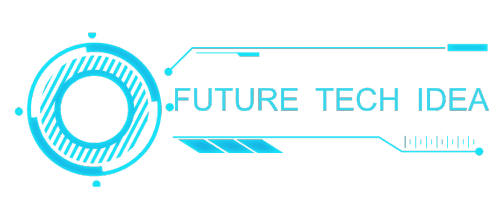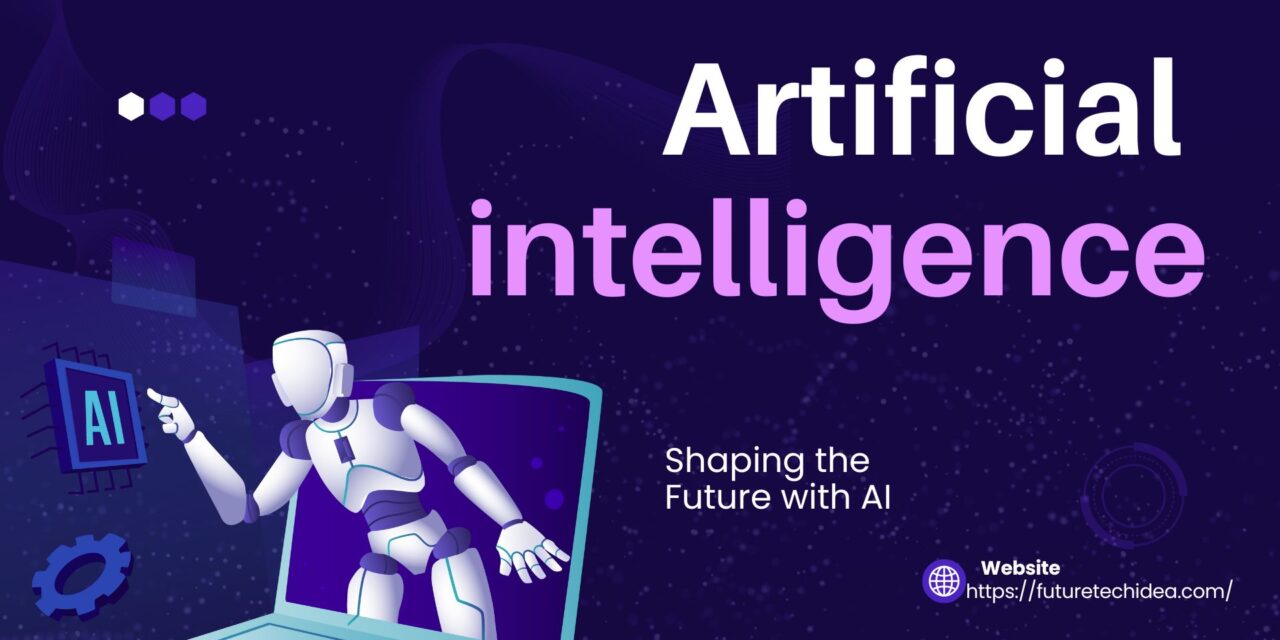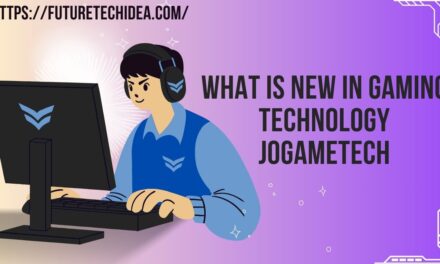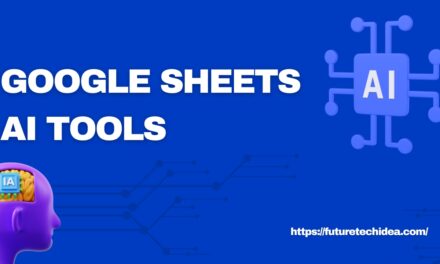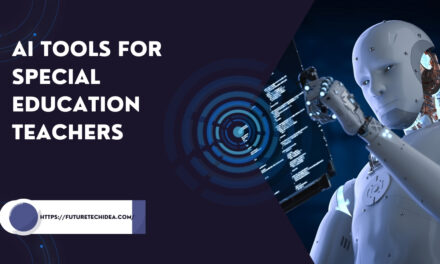Artificial Intelligence (AI) is no longer a futuristic concept—it’s here, transforming industries and reshaping the way we live and work. From self-driving cars to personalized recommendations on streaming platforms, AI is everywhere. But what exactly is AI, and how does it work? In this detailed guide, we’ll explore the world of Artificial Intelligence, its applications, benefits, and future trends. Whether you’re a tech enthusiast or a business professional, this post will provide valuable insights into the fascinating world of AI.
What is Artificial Intelligence?
Artificial Intelligence, often abbreviated as AI, refers to the simulation of human intelligence in machines programmed to think, learn, and make decisions. These machines are designed to perform tasks that typically require human intelligence, such as visual perception, speech recognition, decision-making, and language translation.
AI systems are powered by algorithms and data, enabling them to improve their performance over time through machine learning (ML) and deep learning (DL).for more information visit here.
Key Components of AI
- Machine Learning (ML): A subset of AI that enables systems to learn from data and improve without explicit programming.
- Deep Learning (DL): A more advanced form of ML that uses neural networks to mimic the human brain’s functioning.
- Natural Language Processing (NLP): Allows machines to understand and respond to human language.
- Computer Vision: Enables machines to interpret and process visual information from the world.
How Does Artificial Intelligence Work?
AI systems rely on three core elements: data, algorithms, and computing power.
- Data: AI systems require vast amounts of data to learn and make informed decisions. This data can be structured (e.g., databases) or unstructured (e.g., images, videos).
- Algorithms: These are sets of rules or instructions that guide AI systems in processing data and solving problems.
- Computing Power: Advanced hardware, such as GPUs and TPUs, is essential for processing large datasets and running complex algorithms.
By combining these elements, AI systems can analyze patterns, make predictions, and automate tasks with remarkable accuracy.
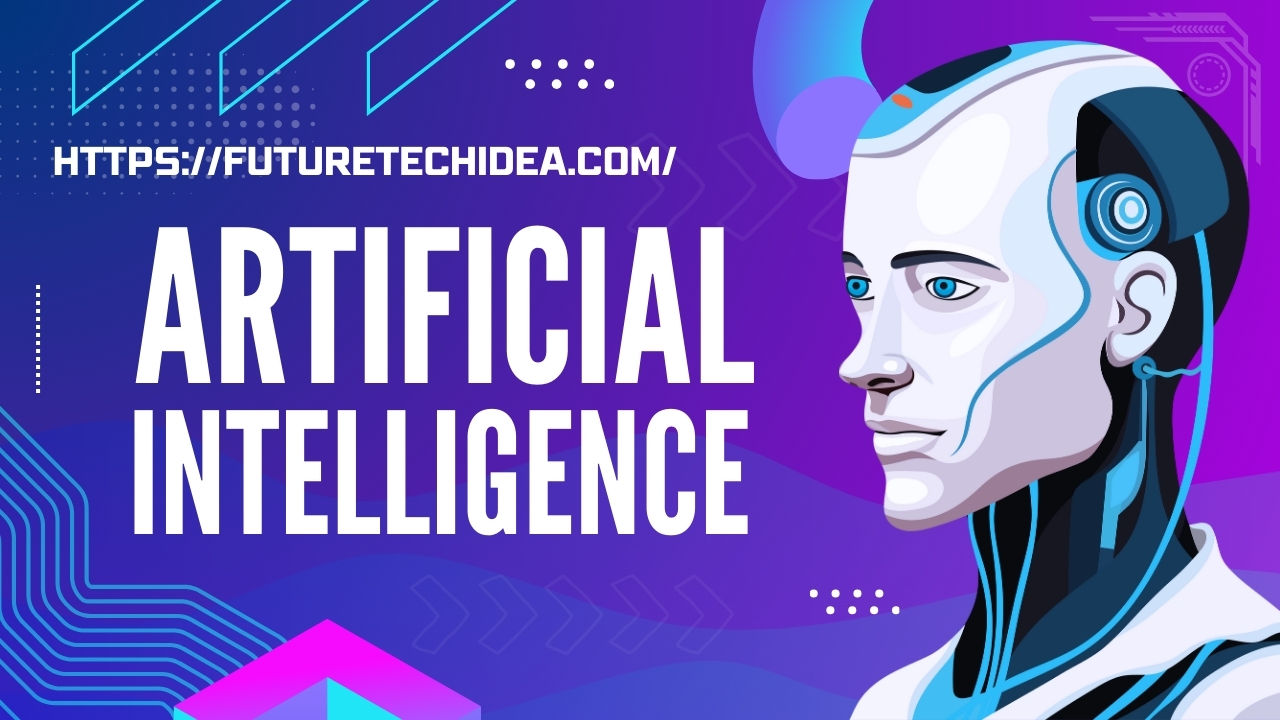
Applications of Artificial Intelligence
AI is revolutionizing various industries, from healthcare to finance. Here are some of the most impactful applications of AI:
1. Healthcare
AI is transforming healthcare by enabling early disease detection, personalized treatment plans, and robotic surgeries. For example, AI-powered tools like IBM Watson can analyze medical data to assist doctors in diagnosing diseases like cancer.
2. Finance
In the finance sector, AI is used for fraud detection, algorithmic trading, and customer service. Chatbots powered by AI can handle customer queries, while predictive analytics helps in making informed investment decisions.
3. Retail
AI enhances the retail experience through personalized recommendations, inventory management, and customer behavior analysis. Platforms like Amazon use AI to suggest products based on user preferences.
4. Transportation
Self-driving cars, powered by AI, are set to revolutionize the transportation industry. Companies like Tesla and Waymo are leading the way in autonomous vehicle technology.
5. Education
AI is making education more accessible and personalized. Intelligent tutoring systems can adapt to individual learning styles, while AI-powered tools help teachers grade assignments efficiently.
Benefits of Artificial Intelligence
AI offers numerous benefits across various domains:
- Efficiency: Automates repetitive tasks, saving time and resources.
- Accuracy: Reduces human error in data analysis and decision-making.
- Personalization: Delivers tailored experiences to users, enhancing customer satisfaction.
- Innovation: Drives the development of new products and services.
- Cost Savings: Reduces operational costs through automation and optimization.
Challenges and Ethical Considerations
While AI offers immense potential, it also comes with challenges and ethical concerns:
1. Data Privacy
AI systems rely on vast amounts of data, raising concerns about user privacy and data security.
2. Bias and Fairness
AI algorithms can inherit biases from the data they are trained on, leading to unfair or discriminatory outcomes.
3. Job Displacement
Automation powered by AI could lead to job losses in certain sectors, necessitating workforce reskilling.
4. Accountability
Determining responsibility for AI-driven decisions, especially in critical areas like healthcare and law enforcement, remains a challenge.
Future Trends in Artificial Intelligence
The future of AI is brimming with possibilities. Here are some trends to watch out for:
1. AI in Edge Computing
Edge AI, which involves processing data locally on devices rather than in the cloud, is gaining traction. This approach reduces latency and enhances privacy.
2. Explainable AI (XAI)
As AI systems become more complex, there’s a growing demand for transparency. Explainable AI aims to make AI decision-making processes more understandable to humans.
3. AI and IoT Integration
The integration of AI with the Internet of Things (IoT) will enable smarter homes, cities, and industries.
4. AI in Sustainability
AI is being used to address environmental challenges, such as climate change and resource management.
5. Generative AI
Generative AI models, like OpenAI’s GPT and DALL-E, are creating new opportunities in content creation, design, and entertainment.
How to Get Started with Artificial Intelligence
Interested in exploring AI? Here’s how you can get started:
- Learn the Basics: Familiarize yourself with AI concepts, such as machine learning, neural networks, and natural language processing.
- Take Online Courses: Platforms like Coursera, edX, and Udacity offer AI courses for beginners and advanced learners.
- Work on Projects: Apply your knowledge by working on real-world AI projects. Kaggle is a great platform for finding datasets and participating in competitions.
- Join AI Communities: Engage with AI enthusiasts and professionals through forums, meetups, and conferences.
Frequently Asked Questions (FAQs)
1. What is the difference between AI and machine learning?
AI is a broad field that encompasses machine learning. While AI refers to machines that can perform tasks requiring human intelligence, machine learning is a subset of AI that focuses on enabling machines to learn from data.
2. Can AI replace human jobs?
While AI can automate certain tasks, it is unlikely to replace jobs entirely. Instead, it will transform job roles, requiring humans to focus on creative and strategic tasks.
3. Is AI safe?
AI is generally safe when developed and used responsibly. However, ethical considerations, such as bias and privacy, must be addressed to ensure its safe deployment.
Summary:
Artificial Intelligence is a game-changer, offering unprecedented opportunities for innovation and growth. From healthcare to transportation, AI is transforming industries and improving lives. However, it’s essential to address the challenges and ethical concerns associated with AI to ensure its responsible use.
Are you ready to embrace the future of AI? Start exploring this exciting field today and unlock its limitless potential.
